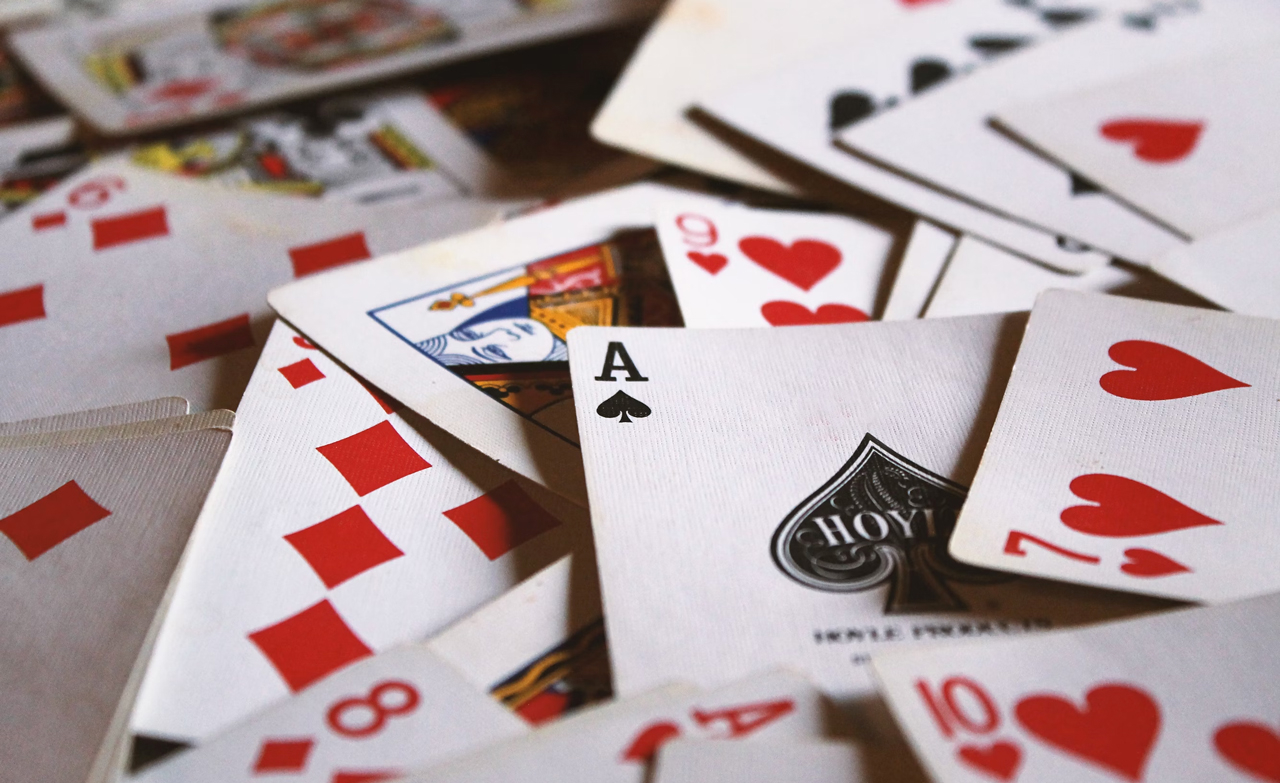The Role of Solitaire in Popular Culture and Media
Solitaire, the classic card game, has transcended its status as a mere pastime and has become deeply embedded in the fabric of popular culture and media. From its iconic appearances in films and television shows to its integration into the digital landscape, solitaire has woven its way into the collective consciousness of audiences worldwide.
Solitaire in Film and Television
The solitaire game has long been a staple in the world of film and television, serving as a powerful narrative device and a symbol of various character archetypes.
- The Contemplative Protagonist: Solitaire has often been used to depict a character’s introspective moments, providing a window into their thought processes and emotional state. In countless movies and TV shows, we’ve witnessed characters engage in a solitary game of solitaire, often as a means of coping with stress, seeking solace, or making sense of their circumstances.
- The Diligent Worker: In the office setting, solitaire has become a visual shorthand for the hardworking, focused employee. Whether it’s a secretive office worker indulging in a quick game during a break or a high-powered executive seeking a moment of respite, the solitaire game has become a recognizable symbol of the daily grind.
- The Isolated Individual: Solitaire’s solitary nature has also been used to convey a character’s sense of loneliness, isolation, or detachment from the world around them. In numerous films and TV shows, the solitaire game has been employed to highlight a character’s emotional or social disconnection, lending a poignant and introspective quality to their narrative arc.
Solitaire in Digital Media
The digital revolution has propelled solitaire into the forefront of popular culture, with the game’s integration into various digital platforms and media.
- Ubiquity in Operating Systems: The inclusion of solitaire games, such as the classic Klondike version, in operating systems like Microsoft Windows has contributed to the game’s widespread recognition and accessibility. Generations of computer users have grown up with solitaire as a ubiquitous part of their digital experience, further solidifying its cultural significance.
- Mobile Gaming Dominance: The rise of free solitaire games on mobile devices has brought the classic card game to the fingertips of a global audience. With the convenience and portability of smartphones and tablets, solitaire has become a go-to pastime for countless individuals, seamlessly woven into their daily digital routines.
- Solitaire in Social Media and Streaming: The solitaire game has also found a home in social media platforms and streaming services. From shared high scores on social media to the integration of solitaire-themed content on streaming platforms, the game has become a shared experience, fostering a sense of community among players.
Solitaire in Literature and Art
The solitaire game’s influence extends beyond the realms of film, television, and digital media, manifesting itself in various forms of literature and art.
- Solitaire in Literature: Numerous authors have incorporated the solitaire game into their works, using it as a literary device to delve into the psychological and emotional depths of their characters. The solitary nature of the game has lent itself well to explorations of themes such as isolation, contemplation, and the human condition.
- Solitaire in Fine Art: The visual aesthetics and meditative qualities of the solitaire game have also inspired artists to incorporate it into their works. From paintings that capture the tranquil moments of a solitary game to sculptures that playfully reimagine the card game, solitaire has become a subject of fascination for the artistic community.
Solitaire in Popular Discourse
The cultural significance of solitaire extends beyond its artistic and entertainment-based representations, as the game has also become a topic of discussion and analysis in popular discourse.
- Solitaire and Productivity: The proliferation of free solitaire games in the workplace has led to ongoing debates about the game’s impact on productivity. While some view solitaire as a harmless distraction, others argue that it can contribute to workplace procrastination and a loss of focus.
- Solitaire and Mental Health: The therapeutic benefits of solitaire, such as its ability to reduce stress and promote mindfulness, have also been the subject of popular discussion. Solitaire’s role in enhancing cognitive function and providing a means of relaxation has been explored in various media outlets and wellness-focused publications.
- Solitaire and the Digital Age: The rise of free solitaire games in the digital landscape has sparked conversations about the game’s evolving role in modern society. Discussions surrounding the game’s accessibility, the impact of technology on traditional pastimes, and the changing nature of leisure and entertainment have all been influenced by the solitaire game’s cultural prominence.
The Enduring Legacy of Solitaire
The solitaire game’s enduring presence in popular culture and media is a testament to its enduring appeal and its ability to resonate with audiences across generations and cultural boundaries. Whether it’s the iconic image of a character lost in contemplation during a solitary game or the ubiquitous presence of free solitaire games on digital devices, the solitaire game has become a cultural touchstone, woven into the fabric of our collective experiences.
As we continue to explore the myriad ways in which solitaire has influenced and been influenced by popular culture and media, we gain a deeper appreciation for the game’s versatility, emotional resonance, and capacity to captivate audiences on a global scale. The solitaire game’s ability to adapt and evolve alongside technological and societal changes ensures its ongoing relevance and cultural significance, cementing its status as a timeless classic.
















